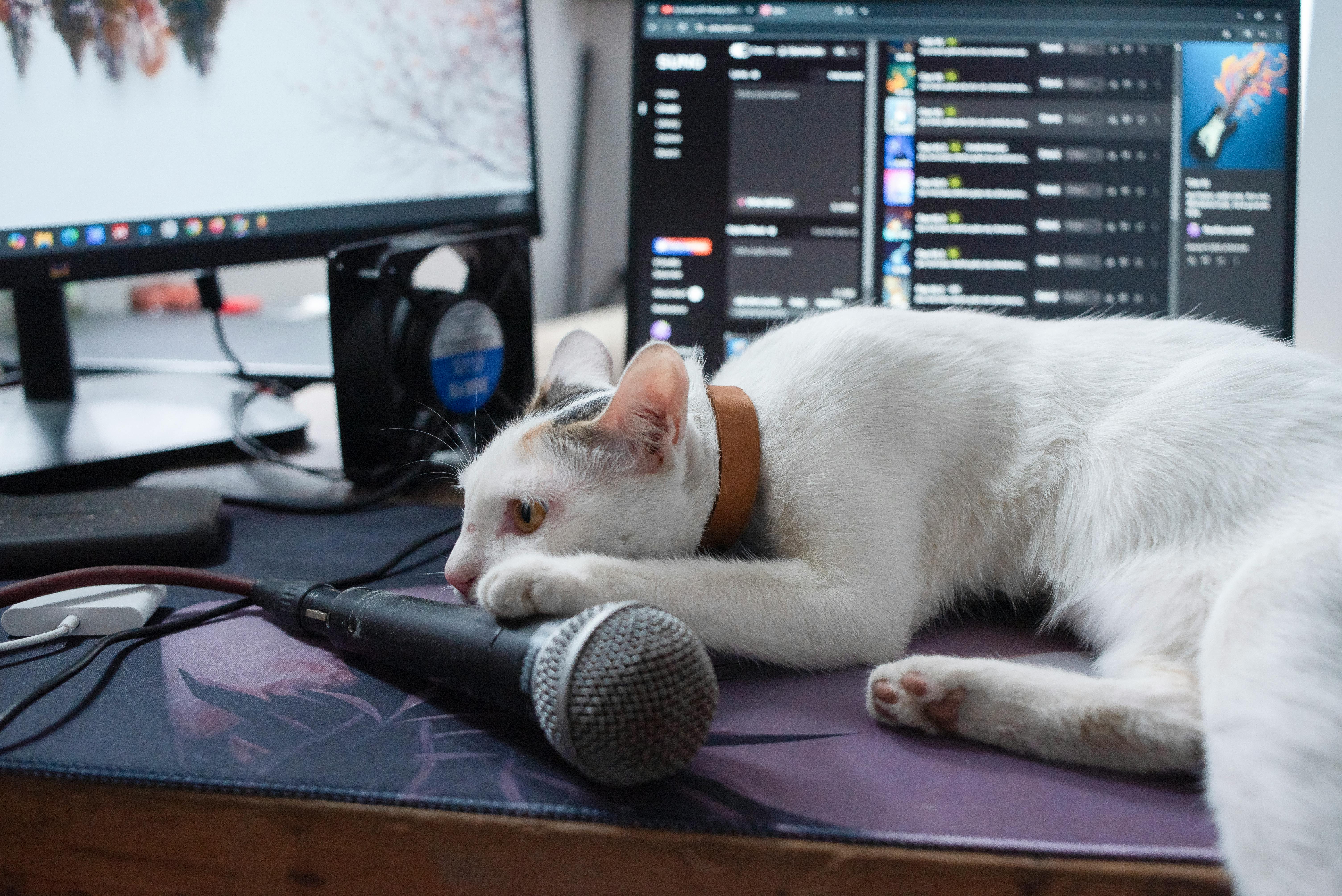
Effective Ways to Focus with ADHD in 2025
Navigating the challenges of Attention Deficit Hyperactivity Disorder (ADHD) can be particularly daunting, especially when it comes to maintaining focus and concentration. As we step into 2025, we find a wealth of research-backed strategies and techniques designed to make a significant difference in managing ADHD symptoms. Understanding these effective ways not only empowers individuals with ADHD but also offers parents, educators, and caregivers valuable insights to support their loved ones. In this article, we will explore various ADHD focus strategies, focusing techniques for ADHD, and discuss crucial methods for improving concentration ADHD.
By leveraging tools such as mindfulness for ADHD, effective time management strategies, and behavioral therapy ADHD, individuals can navigate distractions with ease, leading to more productive and fulfilling lives. This article will also delve into key self-care practices like regular exercise ADHD, maintaining a balanced diet, and the importance of sleep hygiene ADHD. Let’s embark on this journey to enhance focus and refine coping mechanisms geared toward ADHD.
Understanding ADHD and Its Impact on Focus
The Challenges of Attention Deficit Hyperactivity Disorder
ADHD is characterized by symptoms such as inattention, hyperactivity, and impulsivity that can interfere with everyday functioning. Individuals with ADHD may struggle with focus problems, particularly in structured environments like schools or workplaces. They often experience significant difficulties in time management ADHD and could face challenges related to emotional regulation and executive functioning ADHD. Understanding these challenges is the first step toward developing effective focus strategies for ADHD.
Many people with ADHD also contend with time blindness ADHD, which affects their ability to perceive time accurately. As such, tasks that may seem simple to others can feel overwhelming, leading to procrastination and anxiety. Moreover, the co-occurring disorders such as ADHD and anxiety can complicate these issues further, reinforcing the need for personalized ADHD coping mechanisms.
The Role of Diagnosis and Behavioral Interventions
Early diagnosis and intervention play a crucial role in managing ADHD. Behavioral interventions for ADHD can help cultivate skills that improve focus and reduce system disruptions. Establishing a supportive environment and utilizing tools for ADHD management can greatly enhance learning outcomes. Parents and educators can pursue individualized education plans ADHD to suit the unique needs of children with ADHD, fostering an atmosphere conducive to learning and working. Seeking professional help for ADHD can significantly streamline this process, offering tailored strategies that best fit individual needs.
Mindfulness and Its Benefits for Focus
In recent years, mindfulness practices for ADHD have gained popularity as effective ways to manage distractions. Mindfulness encourages being present in the moment, helping to reduce impulsivity and enhance concentration. Techniques such as deep breathing exercises and even mindfulness meditation have shown promise in helping individuals with ADHD focus more effectively and manage their emotions better.
Incorporating mindfulness into daily routines can lead to improved focus and balanced emotional states. By fostering self-awareness, individuals learn to identify triggers ADHD that may set off distractions or impulse-control issues, allowing for proactive measures to be implemented.
Practical Strategies for Enhancing Focus
Creating Routines and Setting Priorities
Establishing consistent routines can drastically improve focus and productivity for individuals with ADHD. Creating routines not only helps in managing distractions but also builds confidence through stability. This can involve setting prioritized tasks for the day and organizing them on a checklist to prevent overwhelm. Utilizing checklists ADHD can serve as a visual aid, breaking tasks into manageable steps and encouraging spontaneous bursts of motivation.
Moreover, setting priorities enables individuals to focus on what’s essential, effectively lowering the cognitive load and maximizing productivity. Creating a structured schedule with designated breaks encourages a rhythmic workflow, maintaining engagement without leading to fatigue.
Utilizing Tools for Effective Time Management
Tools like timers and the Pomodoro Technique ADHD can be invaluable. By working in focused sprints (typically 25 minutes) followed by short breaks, individuals maintain a level of motivation and energy that typical work sessions may inhibit. This application of focused bursts can also alleviate feelings of overwhelm often experienced with lengthy tasks.
Additionally, integrating techniques that minimize multitasking is crucial. While multitasking might seem efficient, it can significantly diminish overall focus and performance, leading to fatigue. Limiting the number of tasks at hand and dedicating attention to one task at a time enhances efficiency and effectiveness.
Mindfulness and Emotional Regulation for ADHD
Understanding Emotional Triggers and Responses
ADHD individuals may experience heightened emotions that complicate focus and concentration behaviors. Recognizing emotional triggers ADHD is necessary for improving emotional regulation and thus enhancing focus. Coaching strategies for ADHD paired with emotional intelligence training help individuals manage these responses and tackle distractions more effectively.
Also, incorporating emotional regulation strategies can help individuals better understand their impulses, ultimately leading to mindful responses rather than reactive behaviors. Support groups for ADHD often provide platforms for sharing experiences related to emotional challenges, reinforcing the sense of community.
Regular Exercise and Self-Care Practices
Engaging in regular exercise ADHD has been shown to elevate mood and enhance cognitive functioning. Physical activity releases endorphins, which can improve concentration, reduce stress, and promote better sleep hygiene ADHD. Balancing physical health with mental well-being ensures that individuals are not only more focused but also more grounded. Additionally, maintaining a balanced diet rich in nutrients can support brain function and overall mood, playing a significant role in how we manage ADHD.
Beyond physical wellness, self-care for ADHD also involves building routines that encourage relaxation and time away from stimulating environments. Mindfulness practices, such as deep breathing exercises or meditation, enable individuals to reconnect with their inner selves, giving them a pause from distractions and allowing for renewed focus.
Engaging Activities to Foster Focus
Incorporating Interests and Hands-On Activities
Engaging activities, making use of interests tailored to an individual’s passions, can amplify focus and learning experiences. By integrating topics they love into study sessions, individuals can cultivate motivation, sustaining attention for more extended periods. Activities that combine movement and focus can help in redirecting excess energy into productive engagement, reinforcing positive habits and learning outcomes.
Tools like focusing apps ADHD play a pivotal role in redirecting and enhancing concentration through gamified experiences. These applications allow individuals to manage their attention in fun and constructive ways, further embedding important lessons about focus within enjoyable contexts.
Encouraging Breaks and Creating Engaging Content
Understanding the balance between productivity and rest is key for individuals with ADHD. Encouraging breaks offers a necessary mental reset, allowing for improved focus during work periods. Engaging content that is visually stimulating and interactive can spark interest and draw attention back to tasks laid out. By structuring learning environments to be ADHD-friendly, involvement in projects increases significantly while breaking the monotony of standard tasks.
Conclusion
Embracing effective ADHD focus strategies is essential for improving concentration and managing distractions in a way that enriches daily experiences. From developing routines and utilizing effective tools like the Pomodoro Technique ADHD, to fostering engagement through personalized activities and mindfulness practices, individuals can actively take charge of their focus. The key takeaway is that the more tailored these strategies are to fit individual needs, the better they can enhance focus and productivity. Remember, it’s about finding personalized solutions ADHD that work best for you. Whether through mindfulness, structured support, or engaging activities, each step you take brings you closer to achieving your focus goals.

